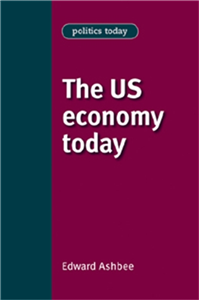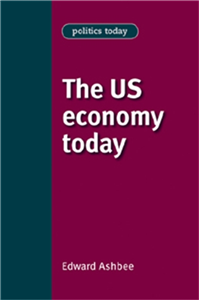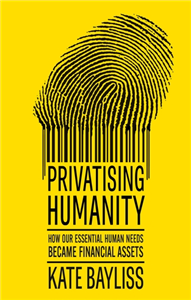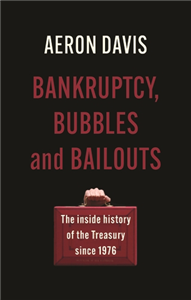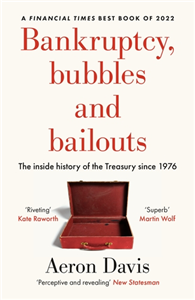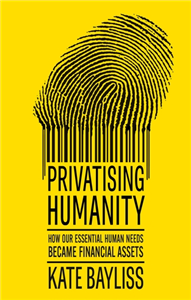The US Economy Today
by Edward Ashbee
The US Economy Today provides an invaluable introduction to American economic history since 1929. Its coverage includes the New Deal, the post-war boom, "stagflation" in the 1970s, "Reaganomics", the Clinton and Bush years, the 2008 - 2009 economic crisis and President Obama's first hundred days. In addition, this volume considers core contemporary economic policy debates and draws conclusions about the strengths and weaknesses of the US economic "model". It looks at the causes and consequences of inequality, the extent to which there is economic mobility, and the impact of globalization and foreign trade. This book will be essential reading for those studying or teaching American economics, economic history or politics and all those looking for a thorough and comprehensive introduction to this area.


